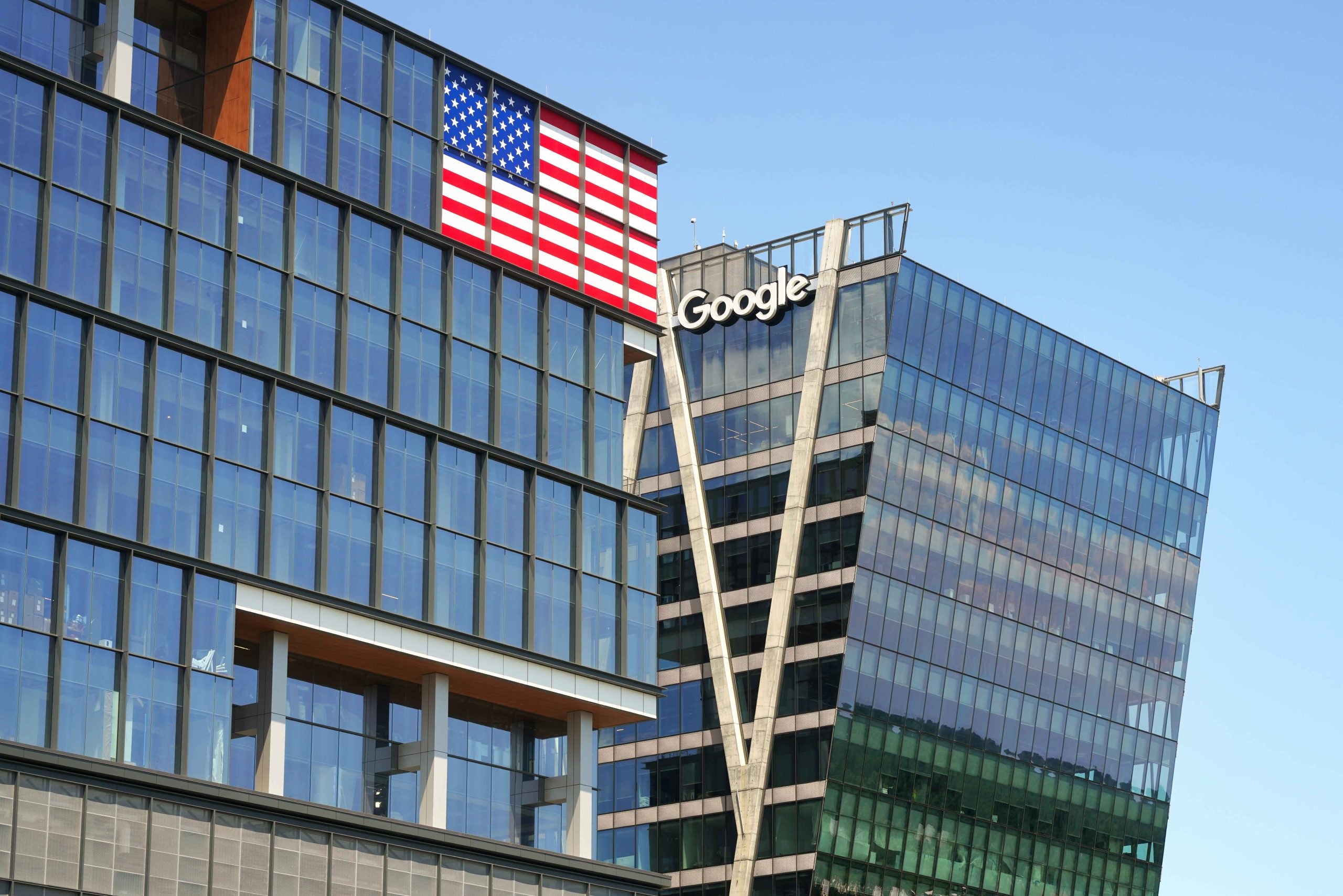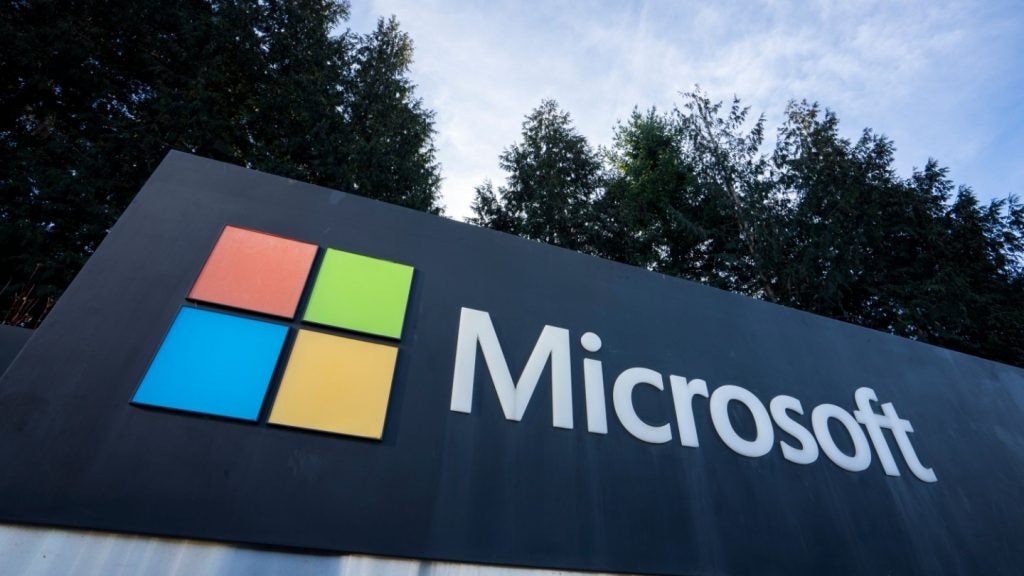
Google will require election advertisers to disclose when their ads have been created or informed by artificial intelligence (AI), according to a new policy update which will take effect from mid-November.
The new policy applies to images, videos and audio content and the disclaimer “must be clear and conspicuous,” the company said in a blog post.
Google cited deepfakes, a video of a person in which their face or body has been digitally altered, as an example of content which would require a conspicuous disclaimer.
Likewise, altered footage of real events to depict scenes that did not take place would also require an obvious disclosure.
In 2018, Google required additional verification for anyone wanting to purchase an election ad in the US. The company later also limited election ads audience targeting age, gender, and general location.
The AI boom has seen a rise in manipulative information content and has meant that it is difficult for voters to distinguish between actual events and AI revisionism.
How well do you really know your competitors?
Access the most comprehensive Company Profiles on the market, powered by GlobalData. Save hours of research. Gain competitive edge.

Thank you!
Your download email will arrive shortly
Not ready to buy yet? Download a free sample
We are confident about the unique quality of our Company Profiles. However, we want you to make the most beneficial decision for your business, so we offer a free sample that you can download by submitting the below form
By GlobalDataThe 2020 US Presidential election was beset by a host of foreign interference which involved a social media disinformation campaign. The US has since accused Russia, China and Iran of seeking to undermine its democratic processes.
Google has been at the centre of concerns and debates about political advertising, and the democratic process. Ahead of the US Presidential election next year, Google has been instating new transparency measures to raise public confidence in election advertising.
In a blog post, Google said: “We believe these changes will help promote confidence in digital political advertising and trust in electoral processes worldwide.”
In addition to its ads policy update, Google has also launched features to help identify AI generated, or altered, images.
The company debuted AI image watermarks, SynthID, for its text-to-image service Imagen in August which allows AI-generated images to remain detectable even if the metadata is compromised.







